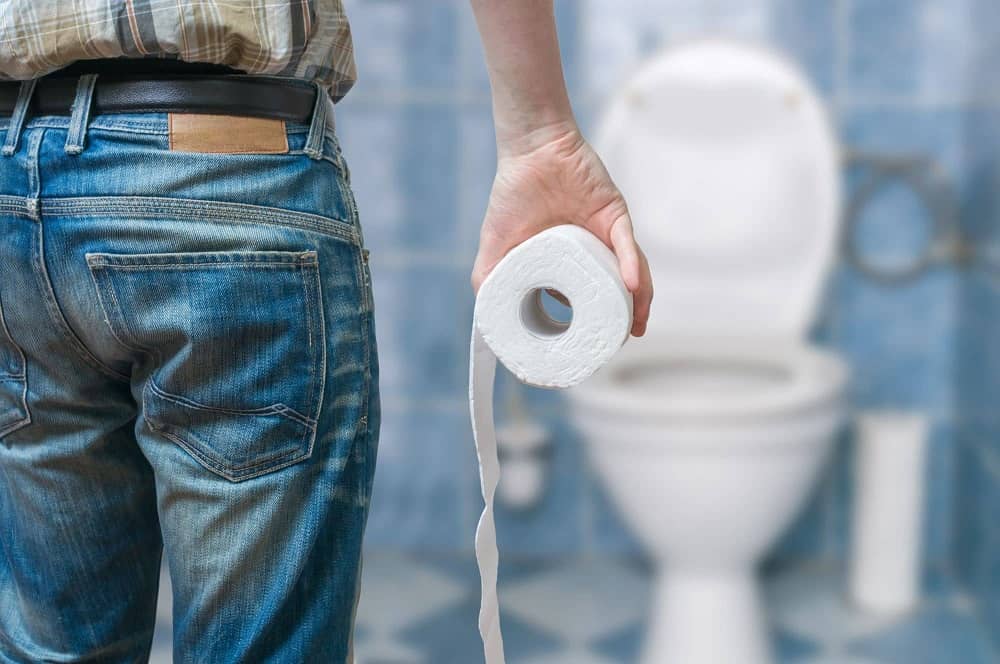Ahh, water. Taking about 60% of the human body, this life-giving liquid is necessary to survive. That said, water can also be a lethal fluid when contaminated, affecting over 1.2 million lives every year. This is because of the lack of access to clean and safe drinking water.
In fact, did you know that one in nine people uses and consume water from unsafe and unimproved sources? According to the World Health Organization (WHO), at least two billion people use water contaminated with feces, causing an alarming rate of waterborne disease cases.
Understanding Waterborne Diseases
A waterborne disease refers to any illness caused by microscopic organisms such as bacteria and viruses, consumed through contaminated water. You can also acquire waterborne pathogens by consuming contaminated beverages or food, from contact with feces and infected animals, breathing in contaminated water droplets or through person-to-person contact.
Some of the common types of waterborne diseases include:
- Diarrhea
- Typhoid fever
- Cholera
- Hepatitis A
- Dysentery
- Giardia
Poor water quality and sanitation are the leading causes of these diseases, significantly when drinking water is contaminated by raw sewage. Also, natural calamities such as floods, cyclones, and earthquakes can bring strains of microbes and trigger these diseases.
How To Prevent Waterborne Diseases?
Waterborne diseases affect millions of people every year, especially in poorer countries without access to safe and clean water. To stay safe against waterborne diseases, here are some essential tips you need to implement:
-
Install A Water Filter
Between the worsening water pollution and poor sanitation in most developing countries, most natural and manmade water resources are unsafe to consume. As mentioned, the lack of access to safe drinking water is the most prominent cause of waterborne diseases.
Instead of asking, ‘Is my drinking water safe?’ make the necessary changes to ensure that it’s safe to consume. Adding a comprehensive water filtration system is one of the best ways to make your water safe to drink.
Depending on your chosen water filter, this system can help remove chlorine, heavy metals, and bacterial contaminants that can lead to waterborne diseases and other health consequences. Buying and installing a water filtration system is one of the best investments to ensure that your family has access to clean drinking water on demand.
-
Disinfect Water
If you don’t have the budget for a water filter yet, experts suggest a homemade solution. Water used for drinking and cooking should be infected by boiling the water. You can also add iodine while boiling the water to make it even safer for consumption. This is one of the most effective and simple measures to protect your family against waterborne diseases.
-
Check Your Supply Lines
Generally, you want to check your plumbing lines to protect your home against water damage. However, it also protects you and your family against bacterial contamination. If your water pipes have leaks or cracks, pollutants, chemicals and other contaminants can enter and get mixed in your water. This is particularly true if the underground lines were to be compromised. Thus, it’s essential to have your plumbing lines inspected regularly.
-
Practice Personal Hygiene
As with any disease, waterborne diseases occur due to unsanitary practices. Thus, it can easily be prevented by practicing personal hygiene and sanitation.
Following basic hygiene practices such as washing your feet and hands after a walk through the puddles or using the toilet is critical. Ensure you clean your hands when preparing food, drinking, or eating anything. This helps reduce the likelihood of contracting common waterborne diseases such as typhoid fever and cholera.
Always teach your kids to practice personal hand hygiene, especially after playing outside or during school hours. After all, kids habitually put things in their mouths, increasing the risk of getting infected.
-
Watch What And Where You Eat
Waterborne diseases can also be contracted through contaminated food or unsanitary food preparations. As such, it’s important to consider food sanitation.
Make sure that the food is washed correctly. For meats, ensure that they’re thoroughly cooked. If you plan to eat raw food like sushi, ensure it’s properly prepared to prevent contamination. Also, avoid eating unrefrigerated or stale cooked food.
If you’re eating outside, eat from clean and sanitary restaurants. Consider using disposable plates and glasses whenever eating outside food, especially street food.
-
Get Vaccinated
Vaccinations are available to help prevent and control waterborne diseases. Generally, these vaccines are administered to large populations, especially during emergencies such as natural disasters. Common vaccine-preventable waterborne diseases include hepatitis A, cholera and typhoid. Although effective, these vaccines can’t replace conventional measures of prevention.
Takeaway
Waterborne diseases may be scary, but they’re entirely preventable. By exercising caution and care and the above type, you can safeguard yourself and your family from the consequences of waterborne diseases.
Our mission is to provide readers with expert insights, practical advice, and the latest trends in business, technology, lifestyle, and more. We aim to inspire and empower our audience with high-quality articles that are both engaging and educational.



